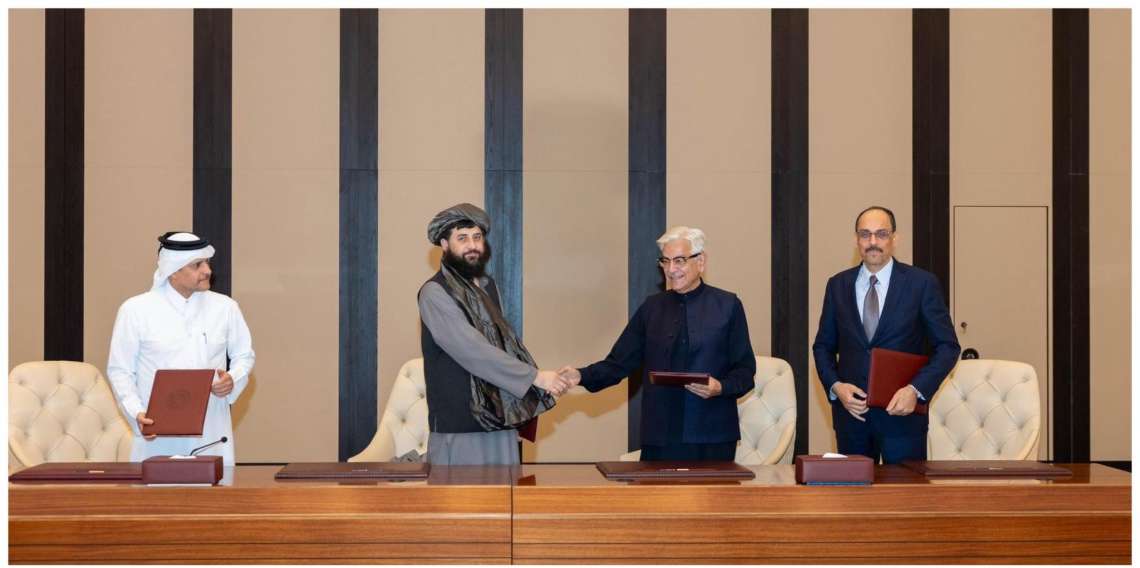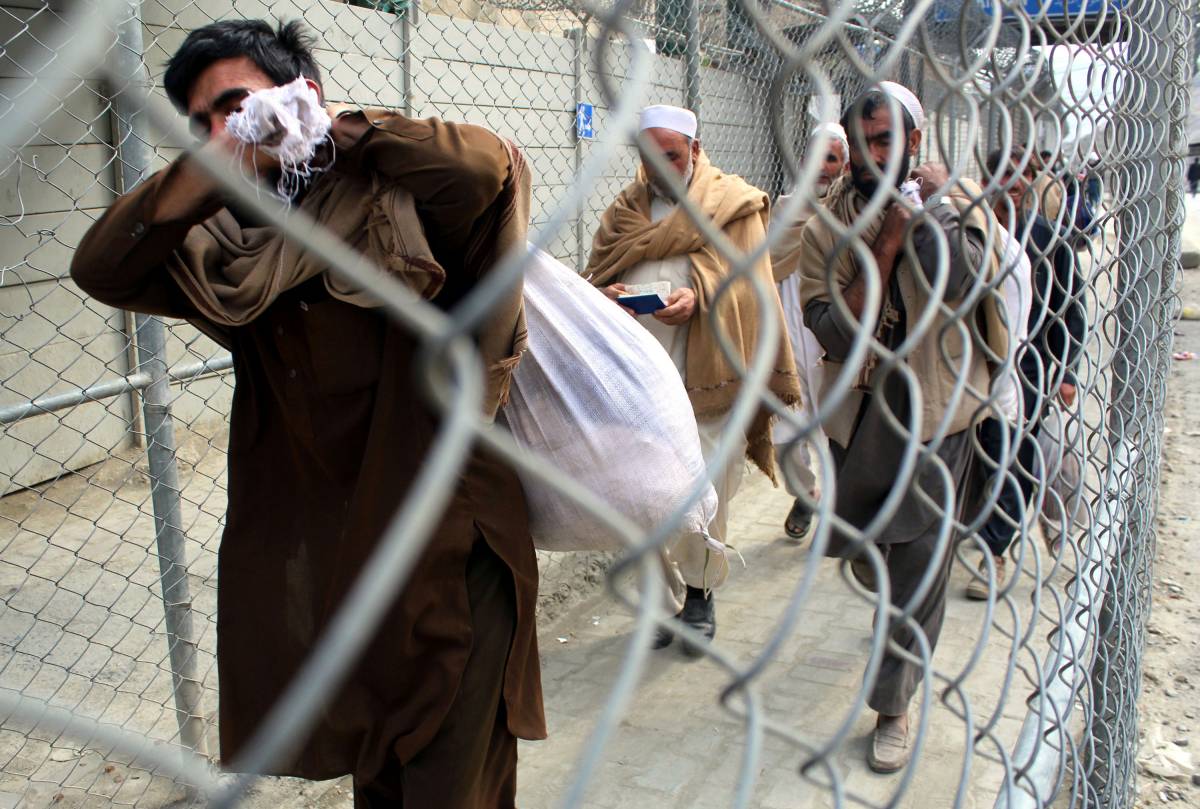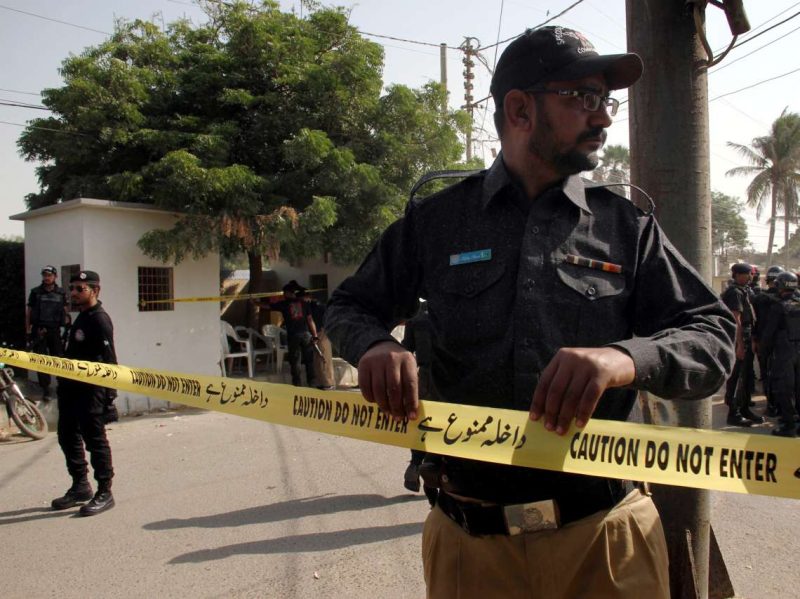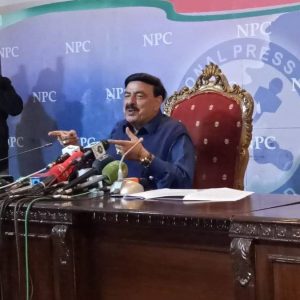Officials of the Directorate of Prisons Affairs said that currently most of the prisoners are arrested for murder, drug trafficking, theft, and other crimes…reports Asian Lite News
Afghanistan’s Directorate of Prisons Affairs has said that out of 14,000 people imprisoned across the country, more than 1000 are women, Afghanistan-based news channel Tolo News reported.
According to department officials, all of these prisoners have criminal cases in their name. Mohammad Yusuf Mistari, the director of prison affairs, said: “Currently, there are 14,000 prisoners and more than 1000 of them are women”.
Till now, no political prisoners have been incarcerated and 15,000 people have been released after their cases were investigated, according to the head of the department.
“We check thousands of cases and 15,000 people have been released, nearly 3,000 prisoners will be released soon, and our prisons have the capacity for 20,000 prisoners,” said Mohammad Yusuf Mistari, the director of prison affairs.
Some women prisoners in Pul-e-Charkhi prison called on the Taliban to investigate their cases promptly and rule on them transparently. Meanwhile, some analysts said that prisoners’ cases must be investigated transparently.
“Every prisoner from the arrest has some rights and their investigations and trial must be according to law and done transparently,” said Subhan Ullah Misbah, an analyst, as quoted by Tolo News.
Officials of the Directorate of Prisons Affairs said that currently most of the prisoners are arrested for murder, drug trafficking, theft, and other crimes.
As Afghanistan continues to face a humanitarian crisis and grapples with the worst political turmoil, the European Union (EU) special envoy for Afghanistan Tomas Niklasson said that they are not in favour of isolating Afghanistan but recognising the Taliban regime is also not an option, pointing at the discrimination against women and atrocities being undertaken by the organization, Khaama Press reported.
Taliban prohibited co-education in universities, separating morning classes for girls and afternoon classes for boys. Recently, the group also banned secondary education for female students. Although this decision has been withdrawn, the schools are yet to be reopened. (ANI)













